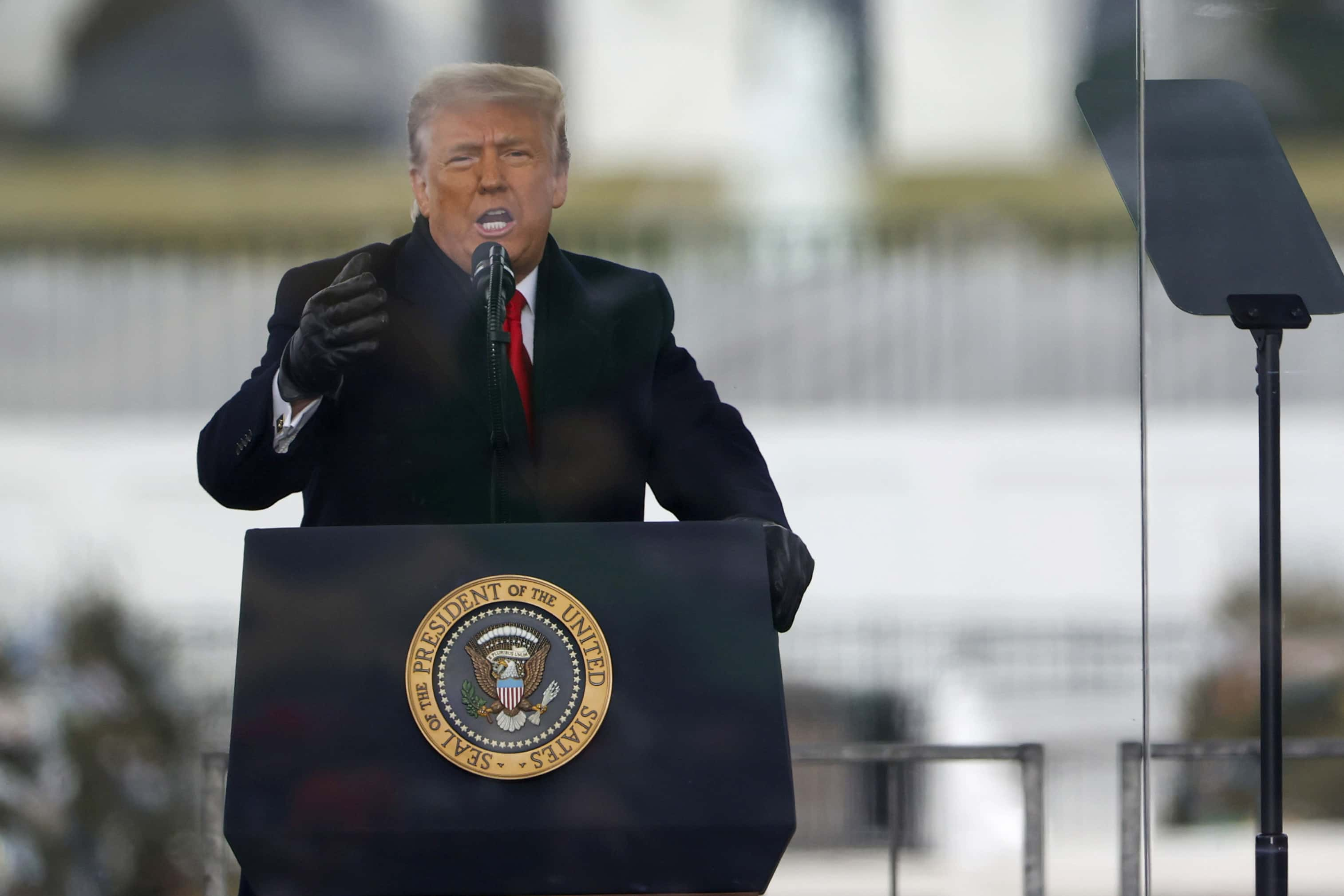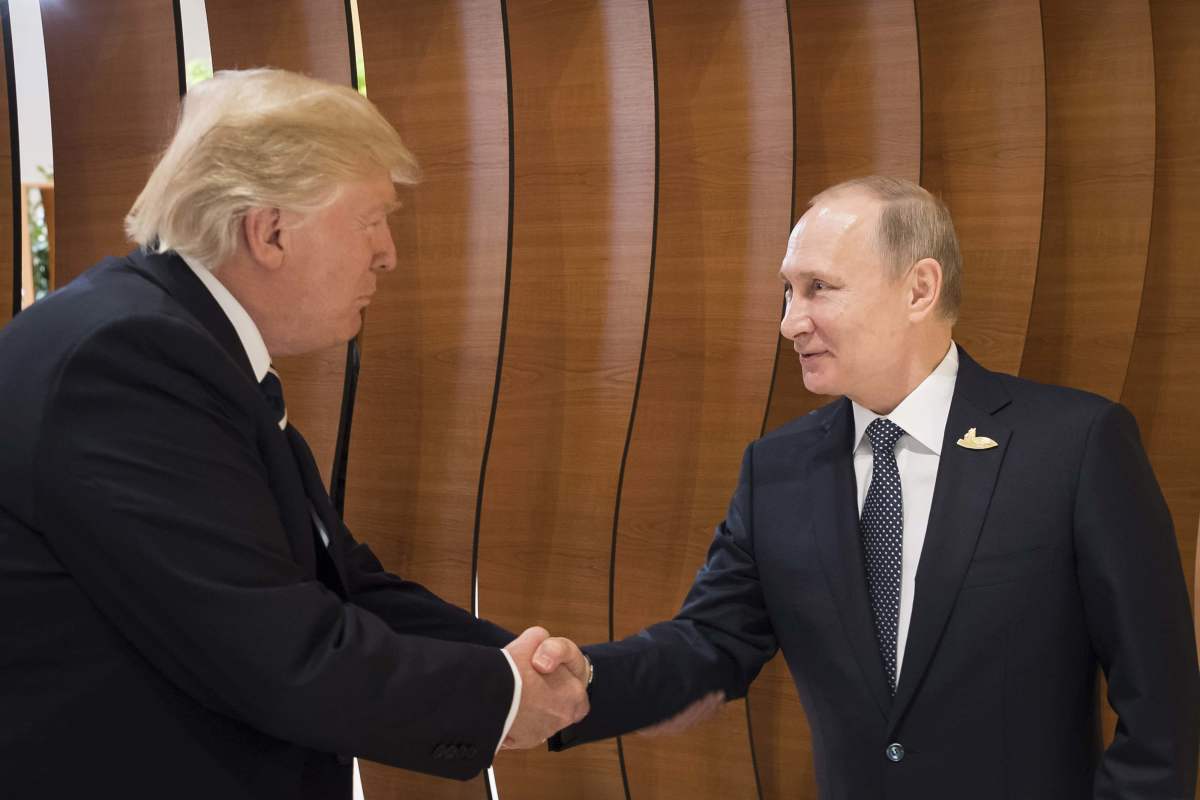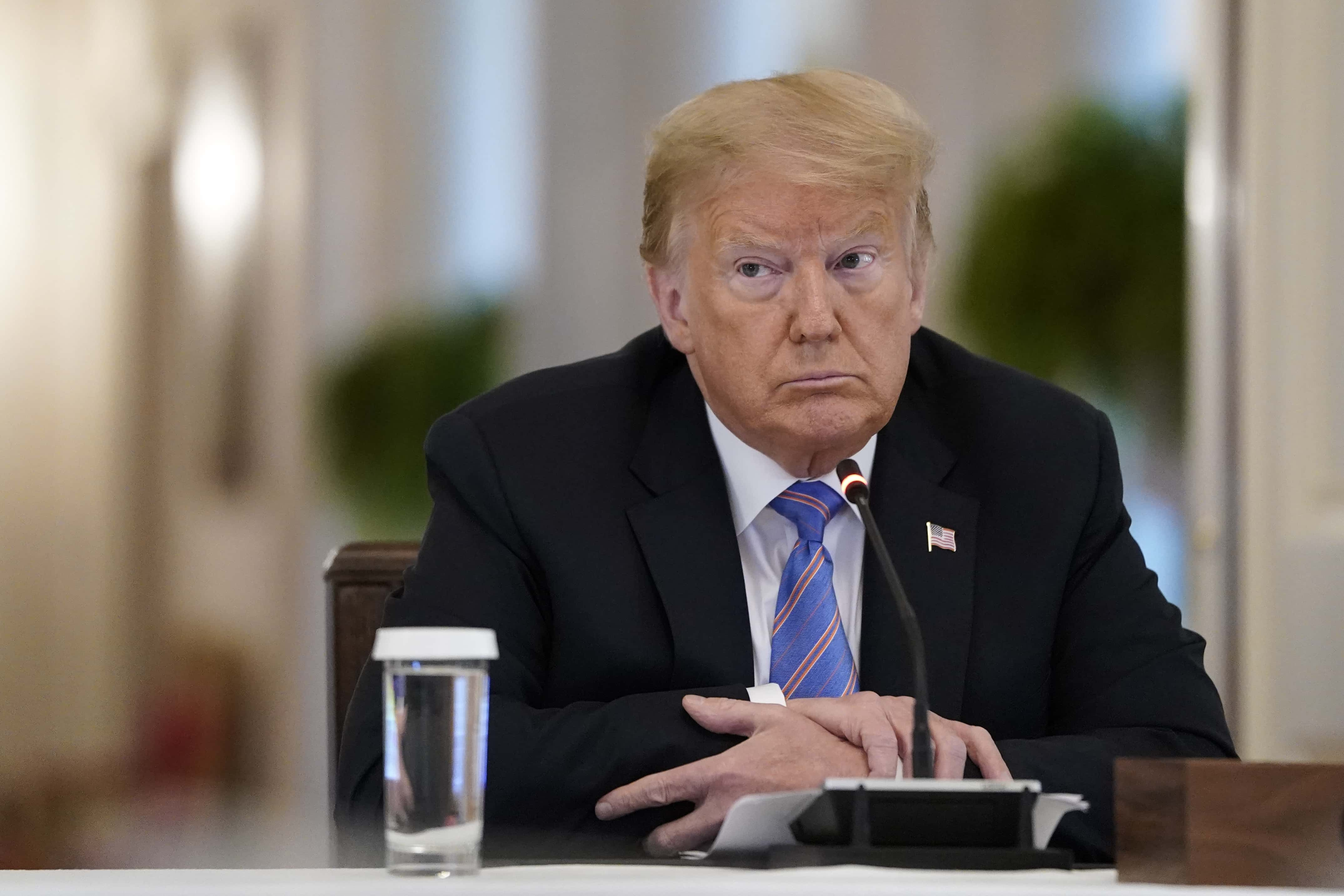Can Donald Trump be prosecuted as former president if he reveals classified information after leaving office?

As the day for President-elect Joe Biden to officially move into the White House nears, there are growing concerns over current President Donald Trump's actions in the last few days of his presidency. One of the biggest concerns that are mounting as Trump prepares to leave office is whether national secrets will be safe after he leaves and whether he will continue receiving intelligence after January 20, as former presidents have done.
Trump's final days as the president are embroiled in controversy in the aftermath of the riots at the US Capitol building on January 6. His social media accounts on Facebook, Twitter and others have either been suspended or permanently banned and the House of Representatives moved to impeach him for a historic second time one week after the Capitol Hill riots.
Congress members are voicing concerns about the "danger" of Trump leaking classified information. Senator Angus King (I-Maine) told CNN on Sunday, January 17, "There’s a grave danger of [Trump] inadvertently or willfully revealing classified information that would compromise sources and methods."
He continued, "There’s no upside. There’s no reason he needs to have this information... and I think given his past history of being fast and loose with intelligence data, it ought to be ― that ought to be an easy decision for the incoming president.”

Similar concerns have been voiced by House Intelligence Committee Chairman Adam Schiff (D-Calif.) in an interview on CBS the same day, "There’s no circumstance in which this president should receive another intelligence briefing, not now, not in the future. I don’t think he can be trusted with it now.”
Former Trump administration Director of National Intelligence Susan Gordon called for the president's briefings to end after he leaves the office in an op-ed for The Washington Post, writing, "My recommendation, as a 30-plus-year veteran of the intelligence community, is not to provide him any briefings after January 20."
"With this simple act — which is solely the new president’s prerogative — Joe Biden can mitigate one aspect of the potential national security risk posed by Donald Trump, private citizen," Gordon added.
Trump's history with 'leaking' classified information

The concerns of Trump leaking classified information comes mainly due to the unprecedented manner in which the president has leaked classified information in the past. In May 2017, he leaked information from a US ally regarding a planned Daesh operation to Russian officials.
In April 2017, he told Philippines President Rodrigo Duterte on a call that the US had positioned two nuclear submarines off the coast of North Korea at a time when the tensions between the United States and North Korea were high.
When Trump flew with First Lady Melania Trump to the Al Asad Airbase, the president posted a video on Twitter that showed several members of Seal Team Five in their camouflage and night-vision goggles, revealing the team's location and un-blurred faces.
More recently, during an interview with Bob Woodward in December 2019, Trump stated, "I have built a nuclear — a weapons system that nobody's ever had in this country before," adding, "We have stuff that Putin and Xi have never heard about before. There's nobody. What we have is incredible."
Can a former President reveal national secrets with impunity?

The situation changes once President Trump leaves office. While he is president, the sections of the law that address the security of national secrets are generally not applicable as the Justice Department's Office of Legal Counsel (OLC) states that the criminal statutes must specify the president to apply to him, according to Jack Goldsmith, who wrote on the issue for Lawfare. Goldsmith is the Learned Hand Professor at Harvard Law School and a Fellow at Hoover Institution.
Additionally, Goldsmith notes that Executive Order 13526 defines that what constitutes, defines and governs the classified information system, is based on “the authority vested in [the] President by the Constitution and” some unspecified “laws of the United States.” As such, the president can decide what is and is not classified information and can declassify information at will.
That means that while he is in office, the president is not criminally liable for disclosing classified information. Once Trump leaves the office, however, he no longer has control over what can and cannot be designated as classified information.
Goldsmith writes for Lawfare, "Setting aside the vagueness and related challenges that invariably arise in these cases, it appears that the statutes would apply to the hypothesized actions by a former President Trump." This suggests that should Trump be caught leaking classified information after January 20, he will be liable for prosecution.










